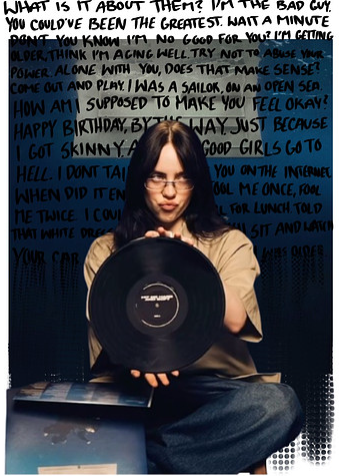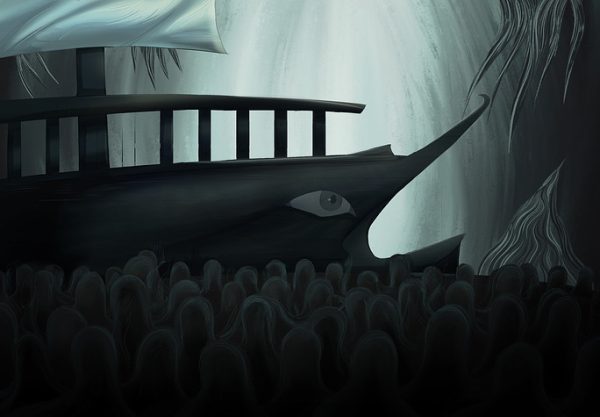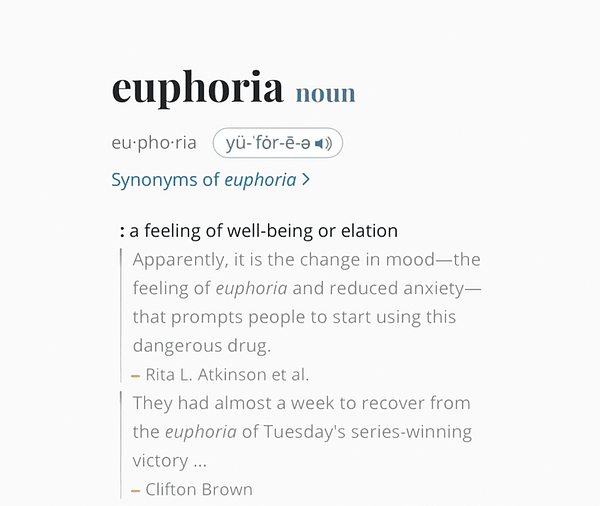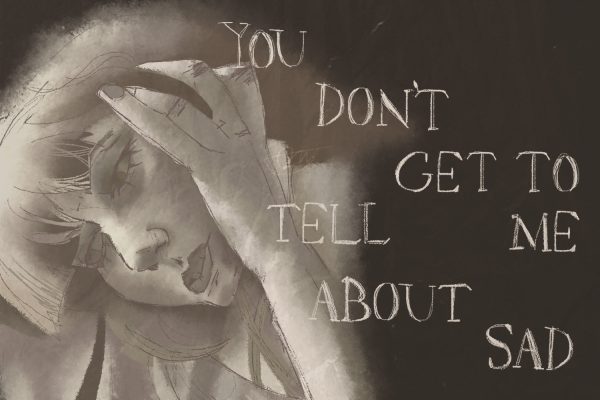“Night School” is a disjointed comedy with a surprising amount of heart
With every new movie he releases, I am more and more convinced that Kevin Hart only knows how to play one character. “Night School” is no exception. From start to finish, it feels like a bloated, over-thought version of a comedy that might have once shown some real promise.
The plot is fairly simple – Teddy Walker (Kevin Hart) is a high school dropout who begins attending night school after realizing that he needs to get his GED. It’s a concept that is hardly novel, and as a result, feels tired and unoriginal.
It’s difficult to pick out exciting or noteworthy moments from a film like “Night School” because for the most part, it’s a buy the numbers PG-13 comedy. Yes, Hart does bring his usual sputtering, manic a-game, but the rest of the cast is so lackluster and flat that any time spent on developing their characters just felt wasted. The one exception to this rule is Tiffany Haddish’s Carrie who, ironically, receives the least amount of character development, but still manages to be the most watchable onscreen presence of the bunch. The rest of the thankless cast includes SNL veterans Taran Killam and Rob Riggle, who do little to enhance the viewing experience, and Ben Schwartz (of Parks and Rec fame), who feels oddly below his pay grade.
Depending on your personal comedic tastes, Night School’s particular brand of outlandish comedy is either it’s the greatest strength or its greatest weakness. For those who enjoy physical comedy and more vaudevillian humor, “Night School” is a suitably enjoyable romp. For those (like myself) who prefer at least some semblance of nuance and thought to their humor, the film is cringe-worthy and forgettable.
However, there is one element to “Night School” that I found myself pleasantly surprised by, and that was its diversity and willingness to showcase underrepresented groups onscreen. This is a minor spoiler if you haven’t seen the trailer, but halfway through the film, we are told that Hart’s character Teddy has ADHD (among a few other learning disorders). Though the revelation is fairly easy to see coming within the first five minutes of the film, I found myself impressed with how little fanfare the film made about its inclusion of a character with a learning disability.
Throughout all of its promotional material, “Night School” never labels itself as an ‘inclusive’ film or makes an effort to point out how social-conscious it is by including an ensemble cast from a variety of races, religions, sexualities, and other walks of life. Though it’s diversity is hardly a saving grace for “Night School,” it was refreshing to see a movie that simply included such characters without hailing it as a massive achievement.
The other element of the film which I genuinely enjoyed was its message. Although I assume there are very few who go to see comedies in the hopes of bettering themselves as people “Night School” delivers a simple but genuinely touching message. The ending of the film is one that I didn’t quite see coming, as I believed that a comedy of Night School’s caliber would take the easy way out and give the protagonist the win. Although the victory does eventually come, it’s not given as easily as one might expect, and I found the film’s ending both satisfying and refreshingly realistic. In the end, however, a touching message and an inclusive cast cannot change the fact that “Night School” is simple, by the numbers comedy that was fairly enjoyable but mostly forgettable.

Lauren Coates is a senior and a first year headlines reporter for Metea Media. She loves all things pop culture, including music, TV, movies, and celebrity...












Pickle Rick • Oct 3, 2018 at 3:05 pm
Haha yes I too am an intelectual rick and morty fan
1 Kevin Hart Lover • Oct 3, 2018 at 8:57 am
I wouldn’t expect some of the people here to understand the genius of Kevin Hart, and lo and behold we already have a comment from a so-called “1 Kevin Hart Hater.” Firstly, for you simpletons I have to break down Hart’s “schtick,” that is: his height. From the beginning Hart has employed emasculating and self-deprecating humor involving his size. This is apparent in all of his work and movies. This not only is self-deprecating to Hart himself, but also turns the lens back on humanity itself. Hart is commenting about the superficial nature of our society and how we would let someone’s physical stature affect the way they are treated and surrounded. This brilliant social commentary is the reason intellectuals like myself find Hart so engaging. We not only understand and appreciate his comedy on its surface level, we also understand the deeper workings and themes that he employs. This is the reason why so many around the world, from children to adults adore Kevin Hart to this day.
number 1 kevin hart hater • Oct 2, 2018 at 1:38 pm
Kevin Hart is not funny